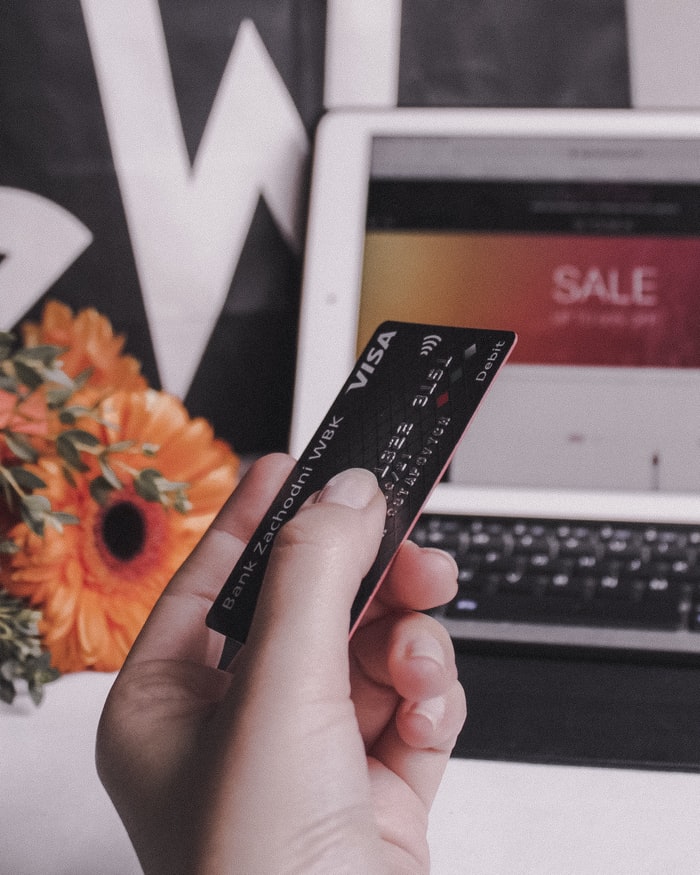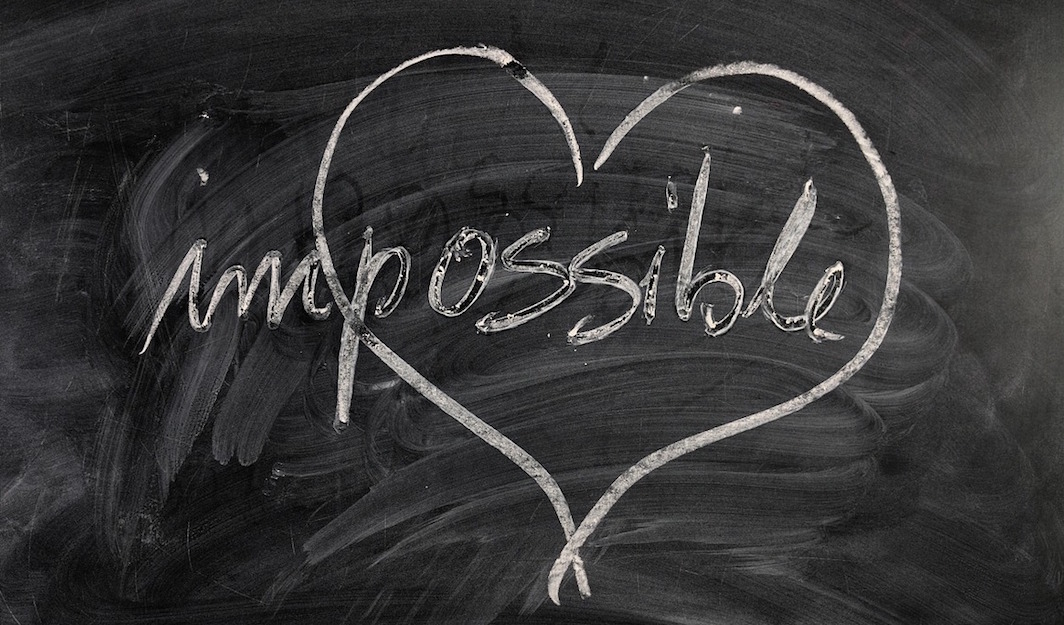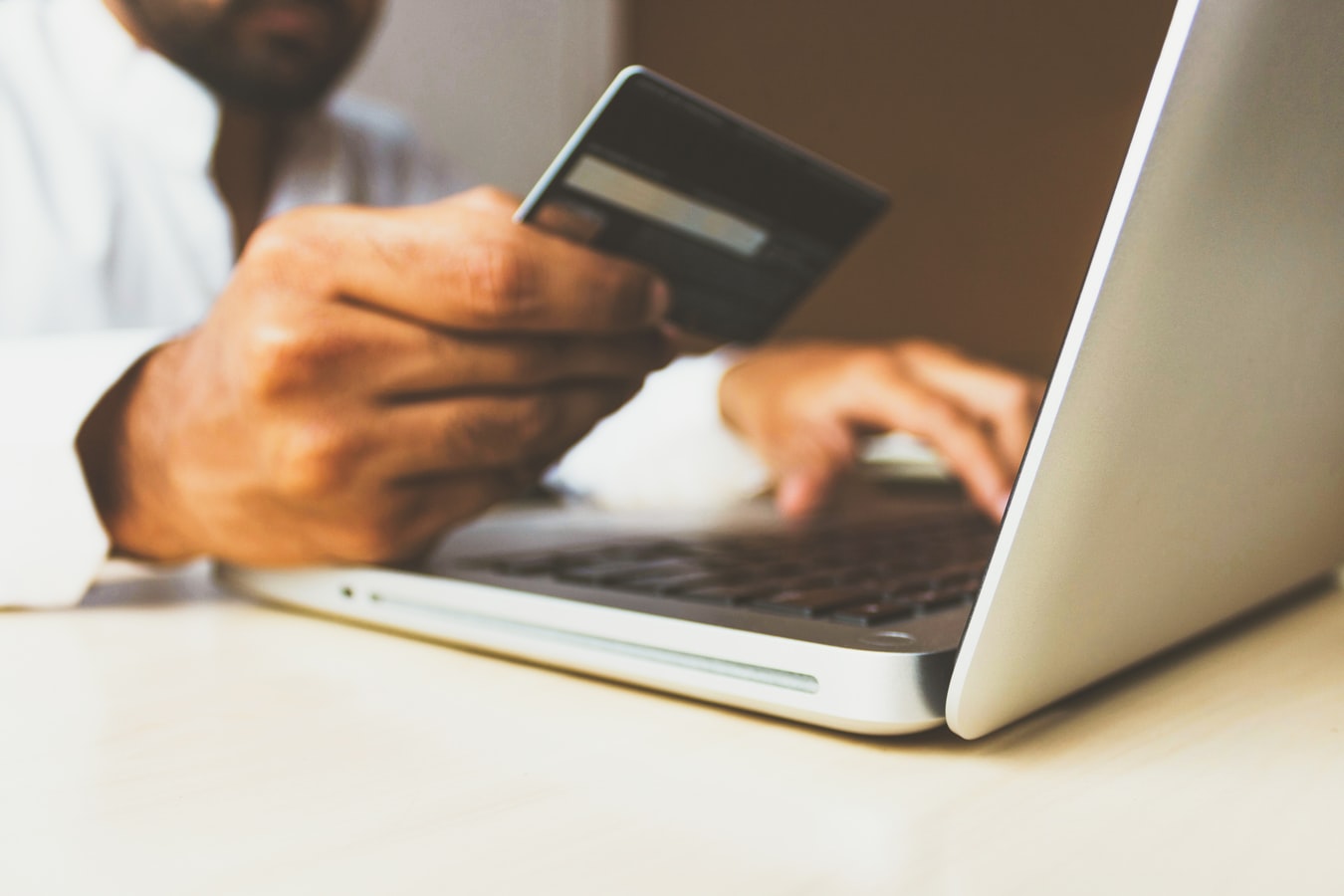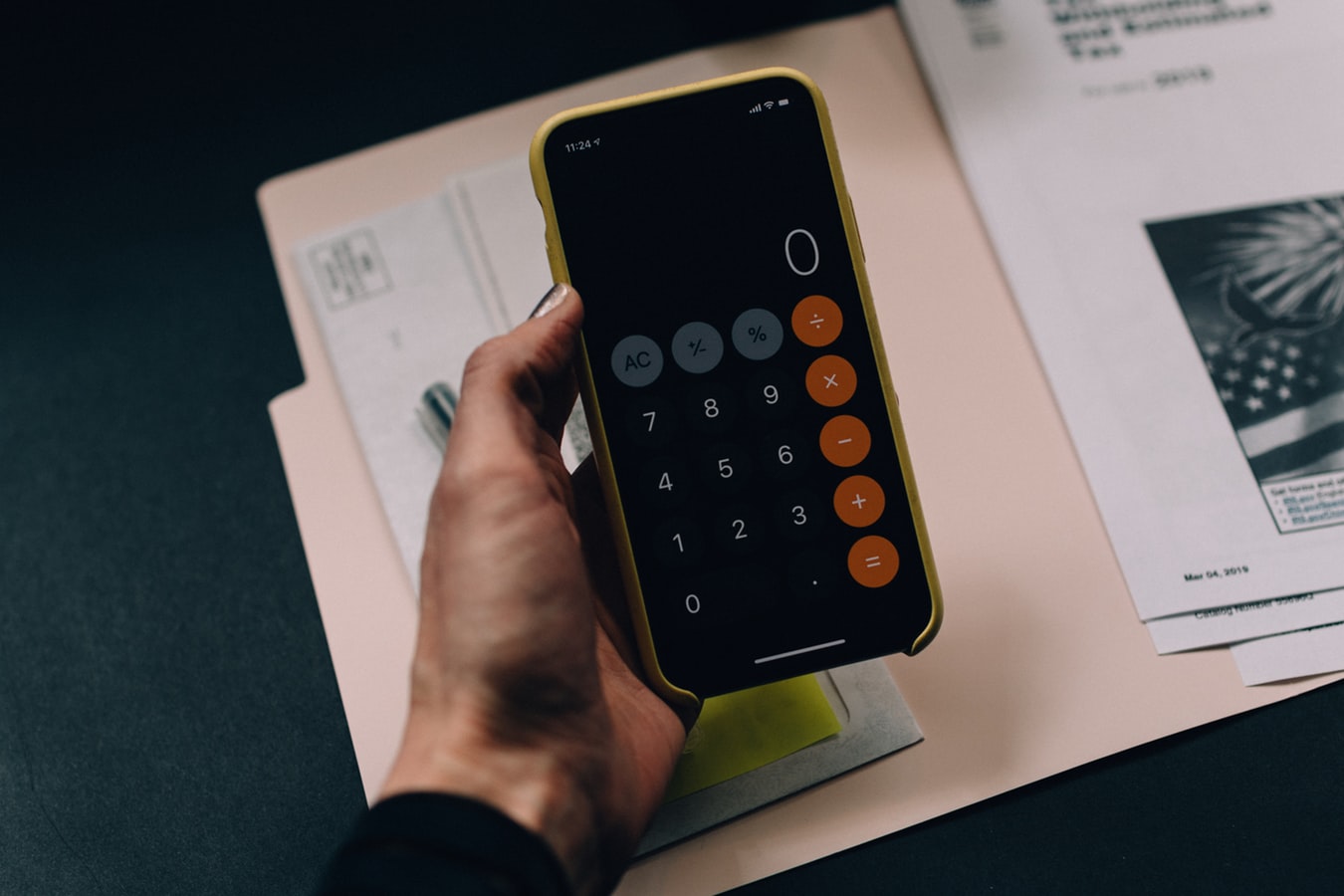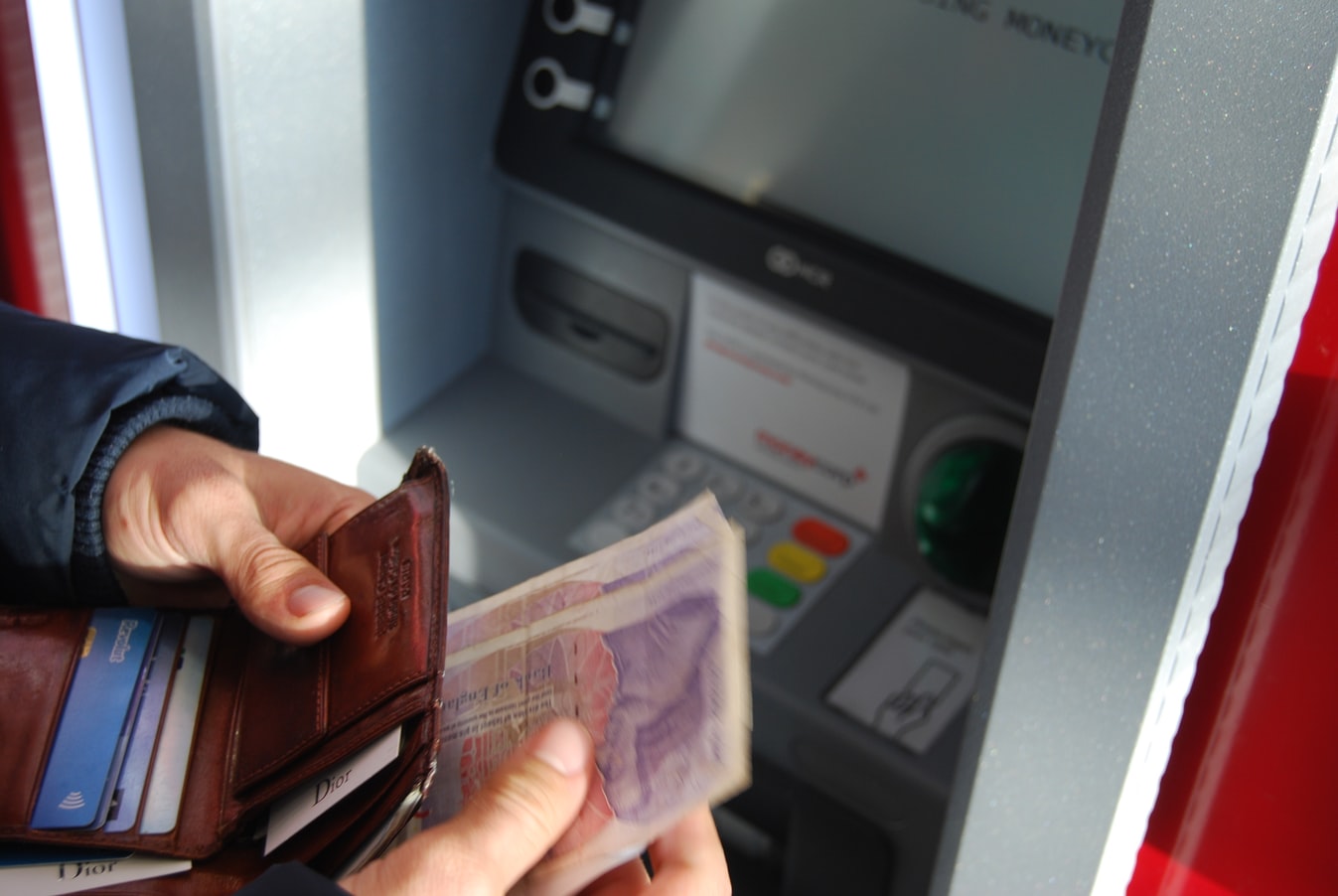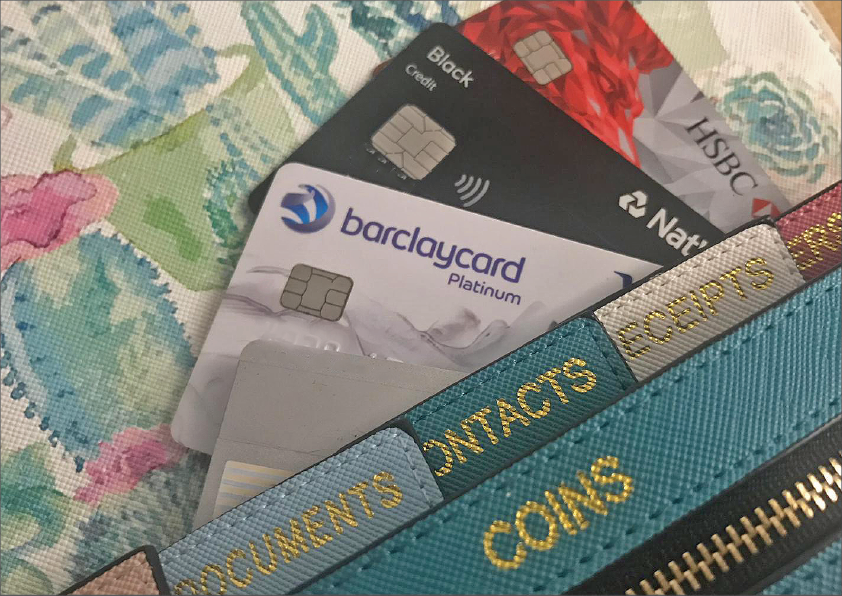You need some cash, but which is the better option for your needs – a credit card or loan?
If you only need a small amount of money, you may benefit from making the purchase on a credit card or getting a money transfer card. If you need a larger sum of money, you might want to consider taking out a loan but ensure that you can make the repayments.
Either way, you will want to make sure you are creditworthy at Credibble.com.
What's Included?
What is a credit card?
Having a credit card isn’t technically borrowing money until you actually use it. It’s great to have for emergencies or to hold deposits at hotels. You have a pre-set amount that you can use, but there’s no obligation to use it. I remember ordering my first credit card as a ‘just in case’ – it sat on my shelf for almost a year, still in the envelope, before I used it for the first time.
You have a credit limit on a card – the maximum you can spend on it, and an APR – the annual percentage rate – that you will be charged based on the amount you use. You can continue to use and repay the money infinitely, as long as the account is open.
It is very common to have a promotional period on a credit card where the APR is 0%, this means that, as long as you still make regular payments, you won’t incur any interest by using it.
What is a loan?
A loan is when you borrow a predetermined amount of money for a predetermined rate (APR). After approval, the money will be put directly into your bank account. You have an agreed amount to pay back every month over a certain number of months or years.
You can borrow much larger sums of money with loans, which can be used for many different things: such as a wedding, a car, debt consolidation or home improvement.
So what’s the difference when it comes to a credit card or loan? Well, they work differently.
How do credit cards work?
When it comes to choosing a credit card or loan, it’s best to understand how they work. There are several different types of credit cards, all with their own features. It is possible to get a mix of the three, but promotional periods between the different features will usually differ. These are the three main ones:
Purchase Cards
You use your credit card to make a purchase, much like you would with a debit card. This money is added up onto your credit card account, as a balance that you owe. You can use it up to the limit.
Balance Transfer Card
If you already have debt on a credit card, you may wish to move it to a new credit card. The most likely reason for this would be because a promotional period is ending, or the APR on the new card is lower. To do this, you would use a balance transfer card.
The methods to perform the balance transfer differs between cards, but often you start by applying for the new card. You will be asked during the application process the details of the card you are transferring from, and the amount you will be transferring.
There is usually a one-off fee that applies for a balance transfer, this can be up to 5%, but if you are transferring to a 0% card, you might end up paying less than the interest on the previous card. Make sure you work out the costs to ensure you will be saving money.
Money Transfer Cards
Money transfers are a lot like balance transfers, but instead of moving the money between credit cards, you are moving it to your regular bank account. You usually pay a one-off fee to make the transfer. You can transfer up to the limit on your account.
Credit Card Purchase Protection
Purchases made on credit cards are protected under Section 75 of the Consumer Credit Act. This means that you are covered if the purchase is faulty, damaged, or lost. It’s worth noting that you only need to make part of the payment on the credit card to be covered for the full cost of the item.
Credit Card Repayments
Each month, your credit card issuer will set a minimum repayment based on the balance on the card, you can choose to pay this, or a balance above this. If you pay in full, you won’t pay interest, if you don’t pay in full, interest will be determined by the amount left on the card and the APR.
Note: You should aim to pay higher than the minimum payment, and in full where possible. Potential future lenders will look at this information on your credit report to determine how creditworthy you are.
Promotional Periods
If you have a promotional period on your credit card, then you won’t pay interest until this time is up. You will still need to make regular payments of at least the minimum payment and be careful not to exceed the limit.
It’s worth being aware that credit card issuers won’t work out your payments based on how long you have left on your promotional period – often, it can be difficult to find out this information. Make sure you note down these dates and work out how much you’ll need to repay each month to avoid paying any interest.
How do loans work?
Loans are usually used to borrow higher amounts of money. You are unlikely to find a 0% loan, so you’ll want to find the lowest APR possible when searching for a loan. Whether you need a credit card or loan is dependent on your needs.
Lenders offer you an APR based on your creditworthiness, so it’s a good idea to ensure that it’s top-notch before you make any applications, you can do this by looking at your Credibble Factors.
When you are approved for a loan, the amount will usually be placed into your bank account within just a few hours. If you are using it to consolidate any debt, you may be required to do this yourself, although some lenders may offer to do this for you. An account will be set up with your lender where you can view your remaining loan amount and make payments.
Loan Repayments
Your loan repayments are often the same amount every month and leave your account by direct debit. If you find that you can pay back more each month, you can contact the lender to increase the payment amounts, therefore reducing the term.
Depending on your loan agreements, you may be able to pay the loan back early. You would need to contact your loan issuer if you wish to do this as the amount will differ from the amount you see when you log in.
When should I get a credit card?
A credit card is more suitable if the amount you need to borrow is smaller, and if you can pay it back quicker. With a 0% card, you may be able to spread a cost over several months. You have a lot more flexibility with a credit card, as you have the benefit of being able to use it again.
If you are trying to build credit, a credit card is a great way to do so, as long as you pay it back in full every month and only use up to 10% of the limit.
There are plenty of benefits to having a credit card, such as Credit Card Purchase Protection and reward points.
So when it comes to credit card or loan, credit cards are better for smaller purchases.
When is a loan better suited?
Borrowing a small amount with a loan will incur a higher APR, so borrowing less than £7,500 could work out quite expensive with a loan.
A loan is more suited if you need to borrow more money and are happy to commit to paying back a consistent amount over a period of time.
To conclude
No matter which method of borrowing you choose, you’ll want to make sure your credit report is at it’s best when you apply. The best way to do this is to sign up for Credibble.
Credibble offers two fabulous solutions
If you’re preparing to take a mortgage, never apply until you’ve tried our unique and FREE Credibble Home app. Our smart technology will tell you what you need to fix so you avoid rejection. The app predicts when you will be able to buy, for how much and tracks your month-by-month progress to mortgage success. We’ve even added your own mortgage broker, so you get the best deals available.
More focused on your credit rating? Well, get started for free with Credibble’s 24- Factor Credit Check to truly help you improve your creditworthiness and how lenders view you. (Remember: lenders don’t use your credit score! We’ll show you what lenders look for and how to get your credit report in the best shape possible).
Last updated by Robert Edwards, July 2022
